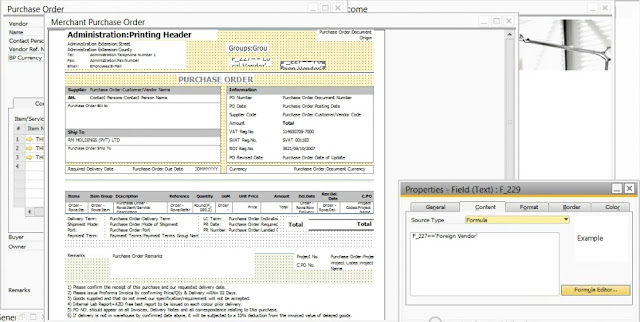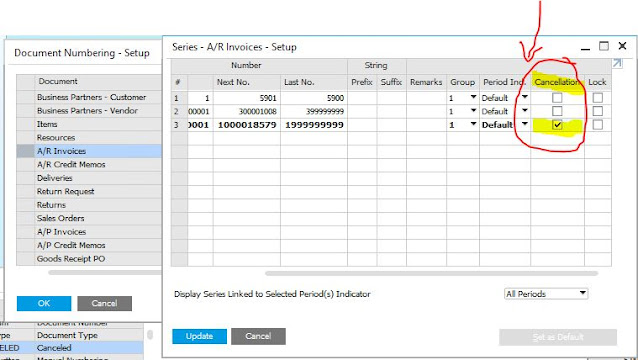Understanding the ERP Implementation
Most companies are looking for a system to integrate and automate business functions. But, they don't know about the definition of the ERP system and implementation. Please read our previous article about "Understanding the ERP system" which gives a basic understanding of the ERP and its behavior.
Today we are discussing the ERP implementation and we are explaining the requirements for implementing an ERP system.
When do you need an ERP system?
Generally, startups and new companies don't have ERP systems. When they are growing and the numbers of transactions per day have been increased with daily business functions as long as more controls and integration are required, this is the time to look for an ERP solution because they can't manually record a bulk of transactions and they need an integrated business process with some area of automation.
Before you go to the ERP system, what do you do first?
Most organizations have ad-hoc operations and no Standard Operating Procedures. However, their business functions have several weaknesses when operating the business process such as many gaps between the activities and communication. So, it is a prominent requirement to standardize the business process with SOPs and define the workflows with effective controls. If you don't have segregation of duties, then delegate tasks and enable the collaboration to successfully operate the business process from start to end. This helps to sustain the ERP system, sustain the business process, and improve business health and productivity.
ERP Implementation
Because of the wide scope, the ERP systems rely on some of the largest bodies of software products written such as SAP, Oracle, Sage, Microsft, etc. To implement a large array of software systems in a company needs a solid team of analysis, programmers, functional consultants, project managers, and users. After the development of the Internet makes outside consultants remotely access the company servers to configure and install the updates easily. The ERP implementation may be expensive and may not be successful without having professional help. Companies who are specializing in ERP implementation and consultation can expedite the process of implementation and successfully complete the process under six months period by applying the standard implementation methodologies well.
The ERP system is closely coupled with supply chain management and logistic management systems. This can extend the ERP system whereas including the links with suppliers and customers.
To implement an ERP system such as SAP Business One, then a company needs to take the support of ERP vendors or a third-party consulting firm. That consultation process is comprised of two sections, one is business consulting, and the next one is technical consulting. Business Consultants study the current business process, gather requirements, analyze the requirements, and map the corresponding process in the selected ERP system and we call configuring the ERP system to business needs. However, technical consultants involved with programming such as add-on developments. As an example, the company has a complex business requirement and it doesn't fulfill through the standard ERP application, and it needs to develop an add-on to integrate with the particular ERP system, then a technical consultant's support is required. Presently, most ERP products have the capability to modify the software as well as integrate other software to suit the business needs of their customers.
Sometimes, companies have complex reports to generate from the ERP system. Thereby, companies have to take support from a technical consultant to develop advanced reports and layouts.




Comments
Post a Comment